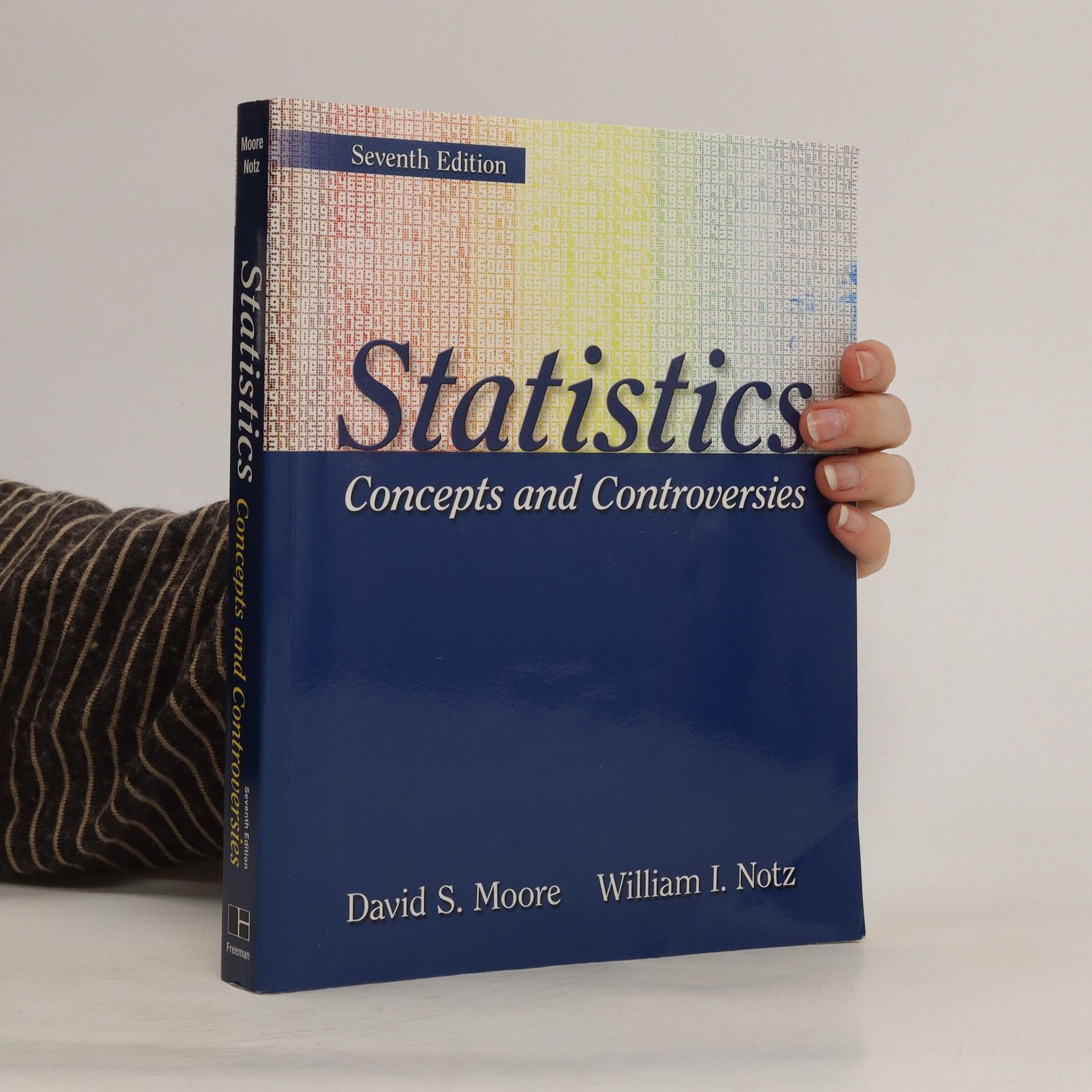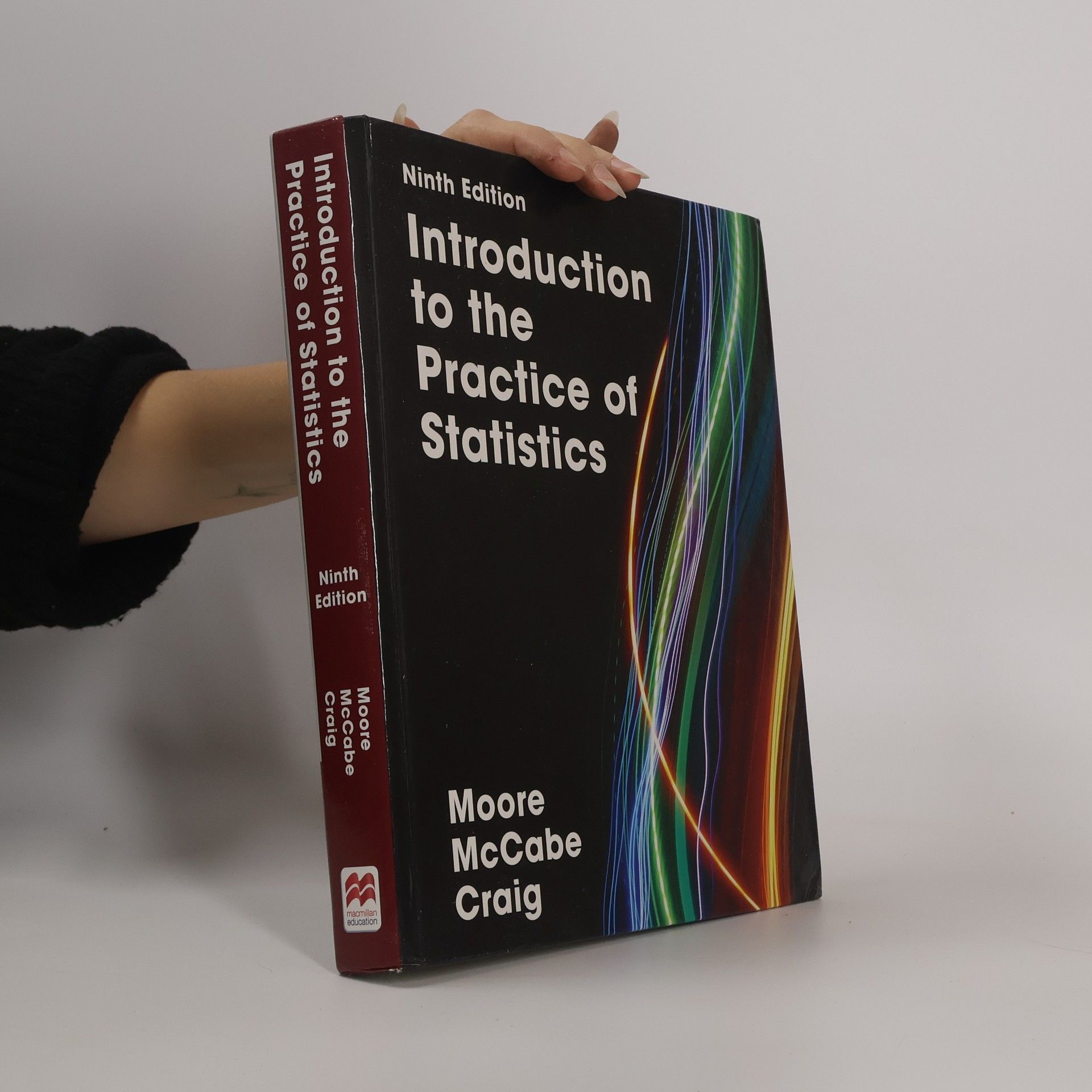Introduction to the Practice of Statistics
- 814pages
- 29 heures de lecture
Introduction to the Practice of Statistics is the classic textbook for teaching statistics. This textbook shows students how to produce and interpret data from real-world contexts, guiding them through the type of data gathering and analysis that working statisticians do every day. With this phenomenally successful approach developed by David Moore and George McCabe, statistics is more than just a collection of techniques and formulas. Instead, students develop a way of thinking about data with a focus on problem-solving that helps them understand concepts and master statistical reasoning. Part of the best-selling Moore family of statistics books, Introduction to the Practice of Statistics is designed for a two-semester ‘introduction to statistics’ course and offers a rigorous introduction to the subject. This textbook is available on LaunchPad, which combines an interactive ebook with multimedia content and assessment tools, including LearningCurve adaptive quizzing. See ‘Instructor Resources’ and ‘Student Resources’ for further information.





